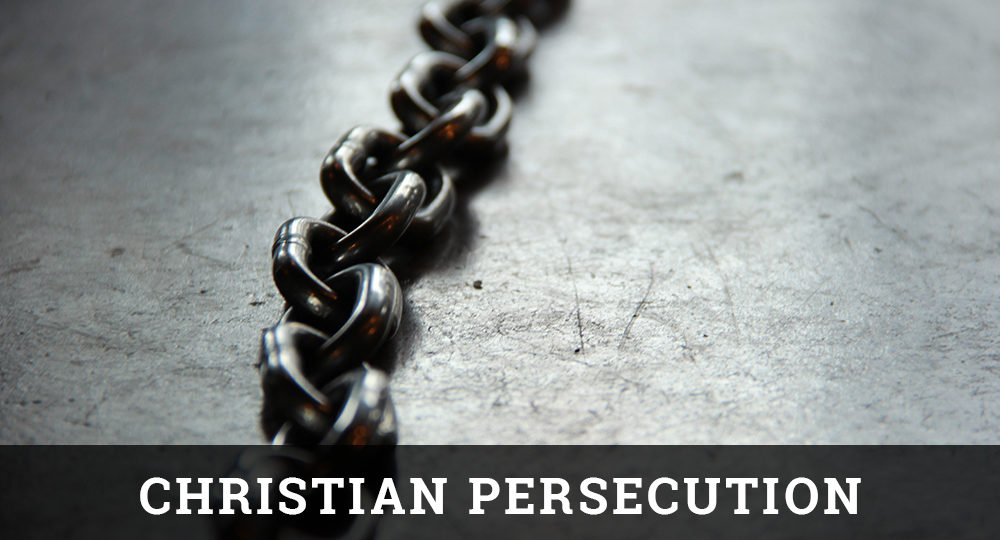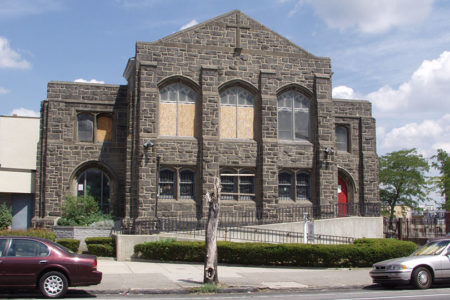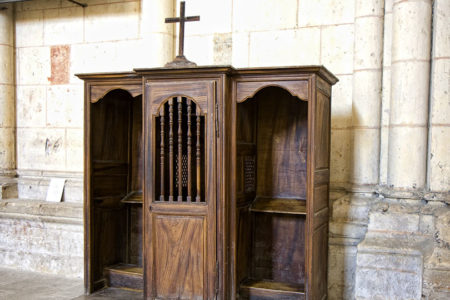They Cry in Silence Nov/Dec 2002
On a day in late July, students, faculty, and employees were taking a leisurely lunch inside the popular Frank Sinatra Cafeteria on the campus of The Hebrew University in Jerusalem. Without warning, a thunderous explosion ripped through the room. Terrorists from the Hamas organization had managed to infiltrate the restaurant and place a pipe bomb on one of the tables. When the smoke and dust cleared, seven people—five of them Americans—lay dead. Thirty-one more were found wounded. A few days later, two other victims died of injuries.
Hamas claimed it was striking back at Israelis for executing one of its high-ranking leaders, who was in the midst of planning a megaterror attack inside Israel. The assault at the university, however, was not only about killing innocent Israeli civilians whom these terrorists view as “soldiers” and, therefore, legitimate prey for their guns and suicide bombs. The Hebrew University has for years had a reputation for moderation. In fact, of the 25,000 students enrolled, some 4,600 of them are Israeli Arabs. Approximately 1,900 are from abroad. All of which says that the objective of this monstrous attack was to kill anyone who happened to be at the wrong table.
In an article titled “Culture of Hate,” published on August 2 in National Review Online, writer Bat Yeor lists grisly incidents confirming Islamists’ indiscriminate slaughter of innocent people:
In Indonesia, some 200,000 deaths resulted from jihad violence in East Timor. Christians have been pursued, and massacred, and their churches burned down by jihadists in the Moluccas and other Indonesian islands. The death toll in these violent attacks is over 10,000, while an additional 8,000 Christians have been forcibly converted to Islam, including many who were circumcised. Atrocities are also being committed by jihadists in both the Philippines, and some northern Nigerian states. Hundreds of innocent people died when jihad struck at the Jewish Community Center of Buenos Aires in Argentina, and the U.S. embassies in Kenya and Tanzania. In Egypt, jihadists have massacred Copts in their churches and villages, and murdered European tourists. Christians in Pakistan and in Iran live in terror of accusations of blasphemy, which, if “proven,” can yield a death sentence. And a cataclysmic act of jihad terror resulted in the slaughter of nearly 3,000 innocent civilians of multiple faiths and nationalities in New York, on September 11, 2001.
Among the severely wounded at The Hebrew University in July were three devout Christians from South Korea. You Kad Song, married and the father of a three-and-a-half-year-old boy, spent nearly two weeks in the intensive care unit of the Ein Kerem Hospital before being moved to the plastic surgery wing for treatment of his severe burns.
Kuan Son Dal suffered extensive burns on his hands, legs, and face. Two weeks after the incident, he was still in a coma-like state. Kuan is the father of a five-year-old boy and a little girl who is a year old.
Zeng Se Ho also suffered serious burns on his face, hands, and legs. His condition was complicated by the fact that a table leg penetrated his body, necessitating the removal of three of his ribs. This married father of one daughter faces a long period of recovery.
The wives of the three men were a constant presence in the hospitals and bore radiant testimonies to their faith before doctors and hospital personnel. At one point, a group of Christian young people visited the men, sang Christian songs of encouragement, and prayed for their recovery. Once again their devotion to the Lord deeply impressed the patients and members of the hospital staff.
The positive response of these believers to the horrific and senseless affliction they suffered is a story that is being reenacted in a host of countries where Christians are suffering and dying for their faith. In many respects, their situation parallels that of the first-century church. The more pagan Rome attempted to destroy the followers of Jesus, the more people were drawn to the faith that could cause ordinary people to triumph in the face of terrible persecution.
And that remarkable truth should be a source of strength and courage for every Christian in this troubled world of ours.







